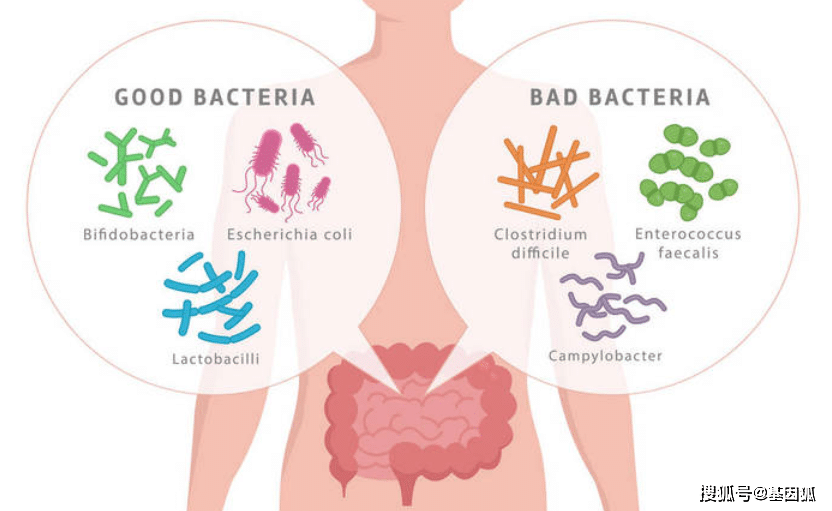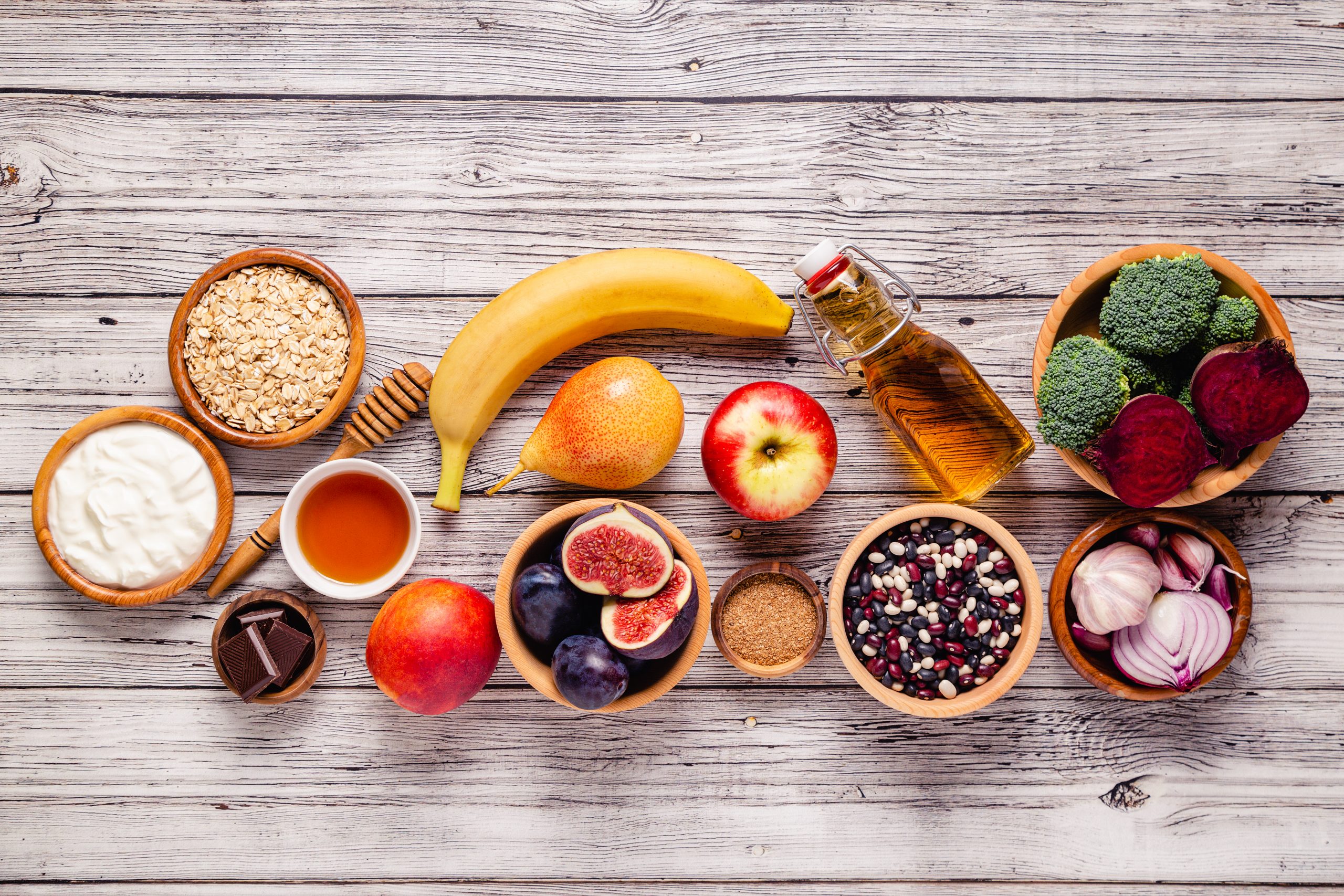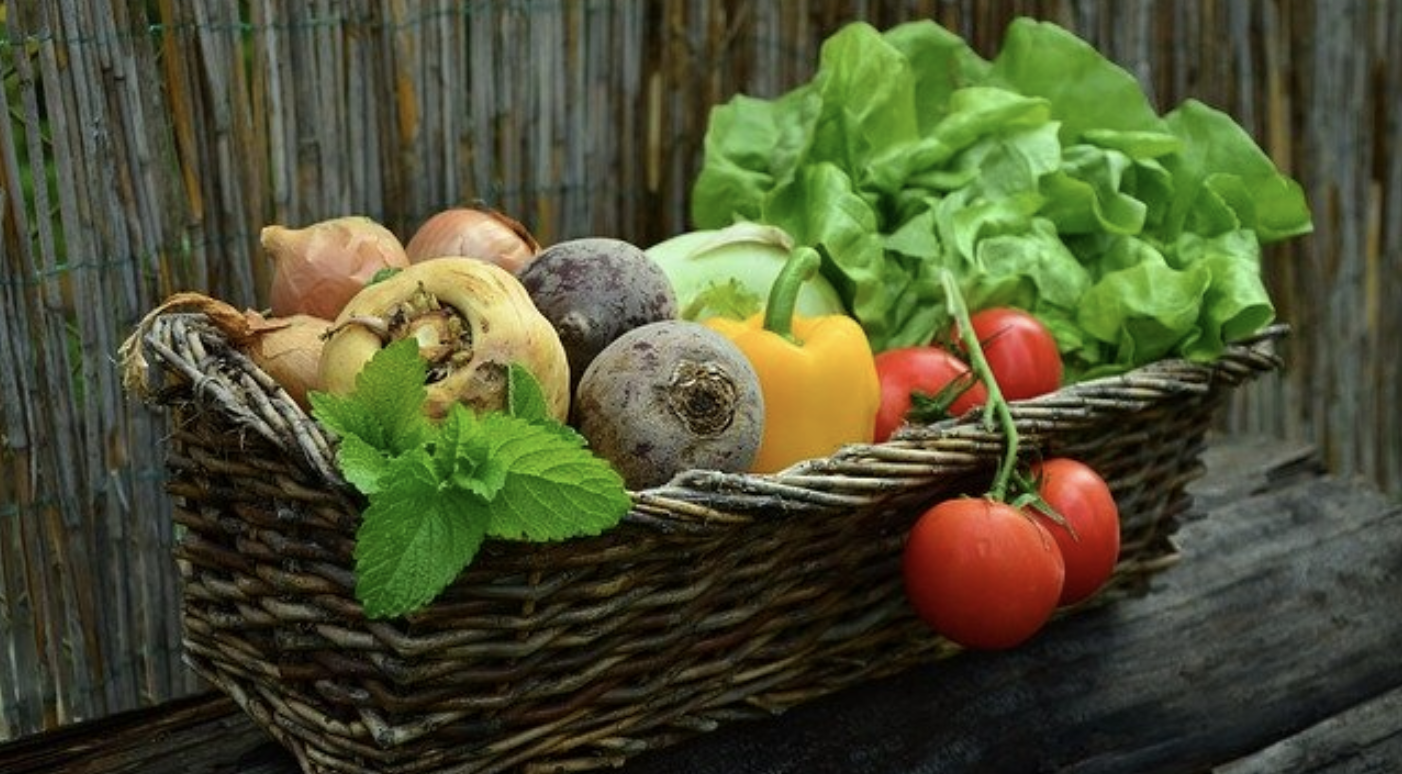3 Ways to Manage Your Gut Health to Boost Immune System
Did you know that nearly 70 percent of your immune system is housed in your gut? A study published on Nutrients journal in year 2021 stated that the immune system plays a crucial role in the susceptibility, persistence, and clearance of infections. With 70-80% of immune cells being present in the gut, there is an intricate interplay between the intestinal microbiota, the intestinal epithelial layer, and the local mucosal immune system. In addition to the local mucosal immune responses in the gut, it is increasingly recognized that the gut microbiome also affects systemic immunity. The now well-recognized impact of nutrition on the composition of the gut microbiota and the immune system elucidates the role nutrition can play in improving health.
 Taking steps to ensure your digestive system is functioning properly is an essential part of maintaining your overall health. When food is broken down during digestion, your gut works to absorb nutrients that are used to support a variety of bodily functions and eliminate waste from your body.
Taking steps to ensure your digestive system is functioning properly is an essential part of maintaining your overall health. When food is broken down during digestion, your gut works to absorb nutrients that are used to support a variety of bodily functions and eliminate waste from your body.
Healthy bacteria found in your gut is also used to stimulate the development of T‑cells, which are responsible for distinguishing your body’s cells and tissue from potentially harmful things in your body. When there is an imbalance in your gut, such as an overgrowth of “bad” bacteria, it can confuse your immune system causing it to start attacking your own cells. If your immune system is busy reacting to healthy cells, not only is it easier for you to get sick, it’s also harder for your body to recover. This is why maintaining the balance and health of your digestive system is important to protect your immune system.
Eat Real Health food

The foods and beverages you consume affect how your digestive system operates. Try adding fiber-rich foods to your diet such as fruits, grains, nuts and vegetables. Fiber helps to regulate your digestive tract, promote regular bowel movements and support the good bacteria in your gut.
Avoid processed foods. They contain additives such as artificial sweeteners, salt and saturated fats that can lead to digestive issues. Foods that contain probiotics can also give your digestive health a boost. Probiotics are healthy bacteria that work to break down fiber in your body, reducing indigestion symptoms including gas and bloating. Probiotics are found in fermented food.
Gastroenterologist, Dr. Jing recommends the following foods to boost your immunity:
- Plant foods such as grains, vegetables, beans, and fruits;
- Fermented foods such as Natto, yogurt, and kimchi;
- Foods rich in dietary fiber, oligosaccharides, and sugar alcohols.
Stay Hydrated
Inadequate fluid intake can cause constipation, so it’s important to drink plenty of fluids. Aside from water, noncaffeinated beverages like herbal teas or sparkling water, or fruits and vegetables that contain high amounts of water such as melons, peaches, tomatoes, cucumbers or zucchini can help keep you hydrated. Try to avoid sodas and sweetened/flavored waters as these can lead to dehydration.
Dr. Jing mentioned, in addition to being responsible for absorbing the nutrients in food, the intestinal tract is also an important contributor to the excretion of substances that are not needed by the human body into feces in order to prevent infection by bacteria or viruses. So regular bowel movements every day are especially important.
Find ways to relax and stay active
Stress can impact your whole body, including your digestive and immune systems. When you experience stress, the blood and energy normally used by your digestive system are instead redirected to other areas of your body. This can cause a variety of digestive conditions and symptoms such as irritable bowel syndrome, ulcers or changes in your bowel habits. Stress management techniques like deep breathing exercises and meditation can help reduce stress and prevent digestive issues.
Physical activity helps to move food through your digestive system. Taking a walk after meals or engaging in 30 minutes of physical activity a few days a week, can promote regular bowel movements and reduce inflammation in your body.
For more information on digestive issues and your health, please schedule an appointment with a gastroenterologist.
Jing Gastroenterology & Hepatology
Address:136-68 Roosevelt Ave 3FL flushing, NY, 11354
Tel:(718) 321-0183
website:https://tjgastro.com/



